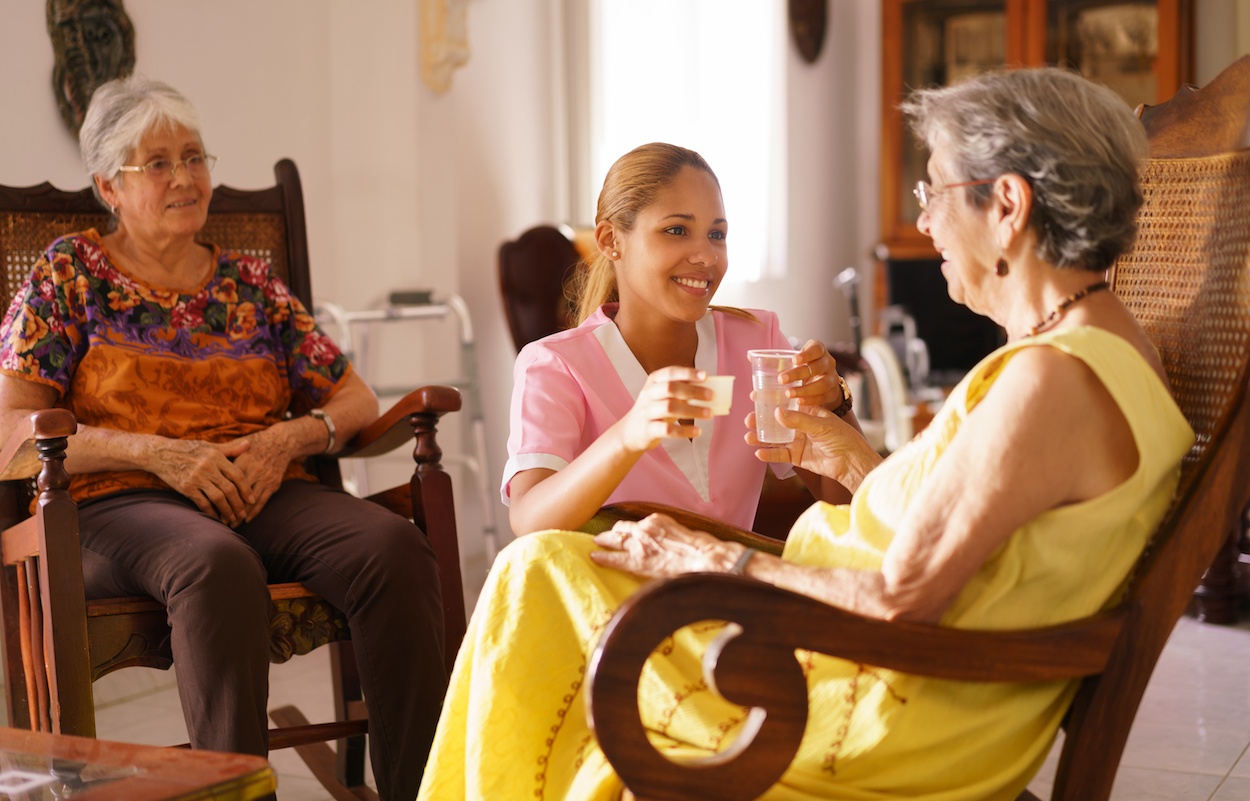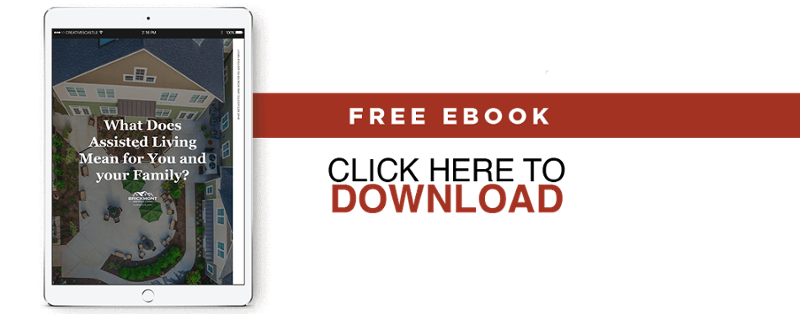 When caring for an elder loved one, it can be difficult to realize whether or not they are showing signs of needing medical attention. A common misconception is that anytime an older adult experiences certain symptoms, it is simply a sign of aging. Ignoring certain symptoms, such as loss of balance, memory deterioration, and loss of appetite can pose to be extremely dangerous. Luckily, there are various methods for figuring out if your loved one requires any medical attention.
When caring for an elder loved one, it can be difficult to realize whether or not they are showing signs of needing medical attention. A common misconception is that anytime an older adult experiences certain symptoms, it is simply a sign of aging. Ignoring certain symptoms, such as loss of balance, memory deterioration, and loss of appetite can pose to be extremely dangerous. Luckily, there are various methods for figuring out if your loved one requires any medical attention.
With senior care communities throughout Atlanta, Georgia, Brickmont Assisted Living knows the importance of early recognition and intervention in certain health concerns. We're sharing some tips on how to identify if your aging loved one needs additional care.
Identifying the Signs
If you feel that your loved one is acting different than normal, try having a conversation about their day to learn if they might be experiencing any pains. During the conversation, stay alert for signs such as lack of motivation, skipping meals, forgetting medications, and unusual sleeping schedules.
No longer feeling motivated and having a drastic change in schedules might mean they are experiencing depression, which can be common amongst seniors if they are isolated from like-minded individuals. Below is a list of approaches to figuring out whether your loved one requires assistance with elderly care or medical attention.
-
Heart Condition:
Showing signs of “confusion, agitation, anorexia, weakness, insomnia, fatigue, weight loss, or lethargy; patients may not report dyspnea. Orthopnea may cause nocturnal agitation in patients who also have dementia.”
-
Dementia:
Constant mood swings, personality changes, fatigue, consistent pauses during speaking, or unknown bruising on the body
-
Stroke or Heart Attack:
Chest pains, persistent dizziness, lethargy, weakness in some joints, or paralysis in some parts of the body.

Next Steps to Take
If your family member has displayed any of these symptoms, sit them down and tell them about your concerns. Avoid frightening them by reassuring them that you will get it taken care of together. The next step is to schedule an appointment with a primary care physician. This would simply be a step of precaution to ensure optimal health, or might be the need for a new medication for an underlying issue.
Remind your loved one of their options for a safer environment, such as a senior living community that provides all forms of unique elderly care services. At Brickmont Assisted Living, we provide our residents with various types of care options, engaging and beneficial activities, amenities, an environment with proper safety precautions, nutritional meals, stress-free living, and so much more!
If your family member is still finding it difficult to let go of living at home, we suggest checking and proofing the home with appropriate safety measurements:
- Add railings in the stairways and showers
- Switch tubs for walk-in showers
- Add nightlights into rooms, hallways, and bathrooms
- Discard of rugs to avoid falls
- Make sure your loved one isn’t skipping any meals
- Replace slippery floors
- Add non-slip mats within and outside of all showers
- Tie all loose cords near the wall to avoid falls
If your family member is indeed experiencing symptoms of medical concern, or if an emergency has occurred, it is crucial to remain calm to not make matters worse. Make sure to grab all of their necessary documentation and take them to the nearest hospital safely.
Brickmont Assisted Living offers dedicated and professional care to our residents. We ensure each individual is properly cared for in an active, engaging, and comfortable environment. If you are interested in learning more about our services, or whether or not senior care is right for your family, contact a member of our care team today.




.png)